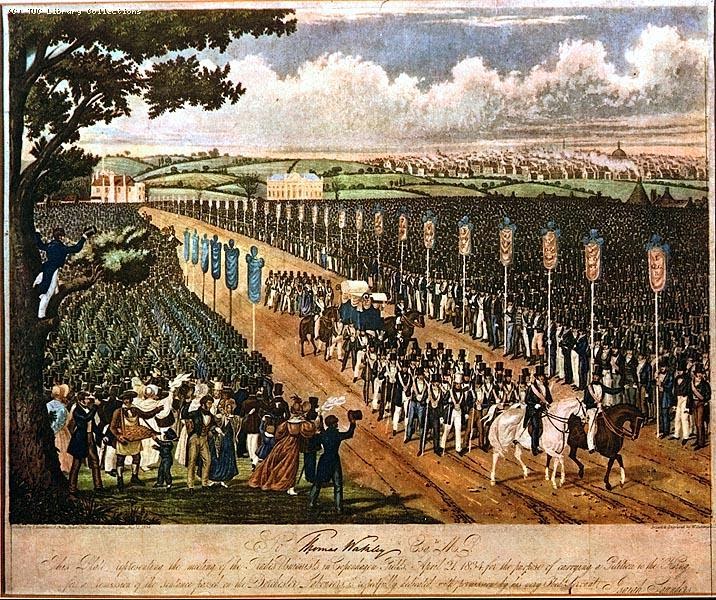teaching trade union history in a post-labour age

It's week 11 of my 2nd year undergraduate history module, 'Peace, Power & Prosperity: British Society, 1789-1914'. (1) This week's lecture and seminar were on 19th century trade unions and labour history. http://www.unionhistory.info/timeline/Tl_Display.php?Where=Dc1Title+contains+%27Copenhagen+Fields+Demonstration%27+ What made this week's session interesting, and perhaps important, because the UCU have called a marking boycott. This has completely riled the students. There has been an awful campaign on twitter #markmywork. and it appears that the student union from my university seems to be leading the campaign. For a good summary of the campaign and a justification of the strike, read this academic's response: http://plashingvole.blogspot.co.uk/2014/04/mark-my-work.html But the history of trade unions can be very hard to teach today. Teaching labour history to undergraduates, most of whom are aged 19-20, is made difficult because most student...
